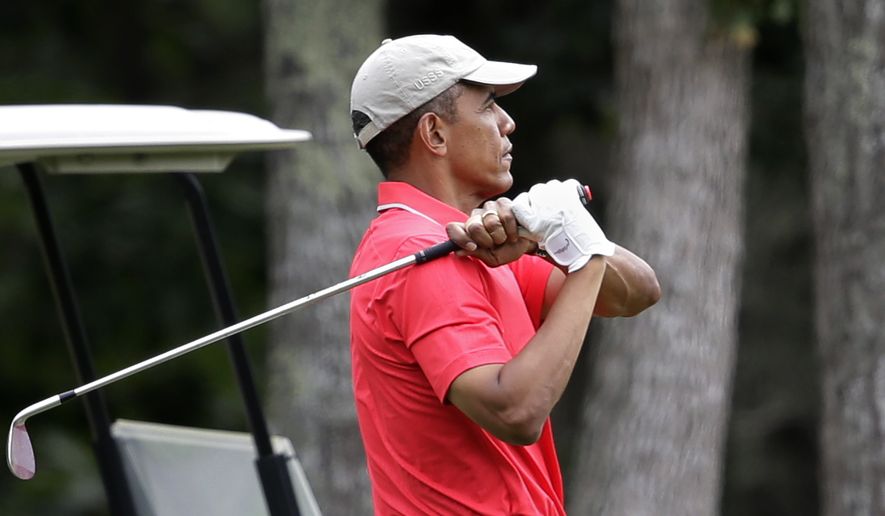As working people close out another year in economic purgatory, President Obama defiantly promotes tales of progress on numerous fronts that fall apart under inspection — the American economy is not out of danger, the gulf between the wealthy and the dispossessed is not narrowing, and global peace is certainly far from hand.
To see why Americans have much to fear in months to come, we need to contrast the real picture here with Indonesia, admittedly an unusual counterpart at first blush.
In 2013, the economic output of the United States was $16.7 trillion, measured using gross domestic product, or $107,593 per worker using statistics available online in the CIA World Factbook. In contrast, GDP in Indonesia was $0.9 trillion in 2013, or $7,229 per worker.
Indonesia’s advantage
On one level, the high rate of productivity seen inside the United States is commendable — it affords American workers realistic prospects to earn high wages.
On the other hand, machines and software grow faster while also dropping in price — a trend that allows multinational businesses great facility in replacing expensive American workers with less costly workers in places such as Indonesia.
SEE ALSO: Government regulations hamper hiring, economic growth, manufacturers group president says
Meanwhile, as other rising nations have done, Indonesia aggressively woos foreign businesses to serve their international export customers from special economic zones that are closer to prime targets in China and in India, than any American state, including Hawaii.
In America and other places where workers earn multiples of what they cost in Indonesia, it makes far more sense to downsize at home and shift production to lower-cost regional centers in nations such as Indonesia.
Because this export-driven approach attracts foreign exchange for Indonesia, it seems a “win-win” for everyone — other than those of us looking for relatively high-paid incomes inside our own borders.
Corruption and currency
Veteran followers of developments in global capital markets are particularly cynical and especially so after watching the course of events from September 2008 to present.
That said, one standard rub against Indonesia is a long-held reputation for tolerating, if not embracing corruption. But let’s think about this from an investor’s perspective.
SEE ALSO: Wal-Mart’s higher-skilled employees pinched to ‘absorb’ cost of minimum wage hikes
According to a “Corruption Perception Index” prepared by an organization called Transparency International (where higher scores indicate lower levels of perceived corruption), Indonesia merits a 34 and the United States scores a 74.
All the good will in the world is not about to normalize attitudes regarding corruption inside America and Indonesia anytime soon — so this is a major and continuing set of risk factors for those who might trap capital and invest reputation inside Indonesia.
But what about relative currency risk? Comparisons here are surprising.
Indonesia’s currency, the rupiah, is yet again under pressure, but is Indonesia more exposed or less exposed than America may be to vicissitudes in international currency markets?
As of December 2013, the last checkpoint for which comparable data is available, Indonesia’s external debt, net of foreign exchange and gold reserves was $140 billion or just 16 percent of GDP. In contrast, America’s net external debt was $15.5 trillion or 93 percent of GDP.
The government of Indonesia, as of this moment, is not pursuing interventionist foreign policies anywhere, let alone on the scale of the Obama administration which is rattling sabers with Russia and across the volatile Middle East, even as America theoretically leaves Afghanistan.
This is a week for self-evaluation and thoughtful contemplation. One decade after the devastating tsunami, Indonesia is again center stage as we wait to learn the fate of passengers and crew on board a jetliner bound for Singapore from Surabaya.
Let us hope that Indonesia finally avails itself of structural advantages in business that seem so evident compared to exporting from the United States, Europe and Japan.
And let us hope Americans withstand the man-made disasters we instigate too many places across this planet.
• Charles Ortel serves as managing director of Newport Value Partners (NewportValue.com), which provides economic research to executives and to investment firms.




Please read our comment policy before commenting.